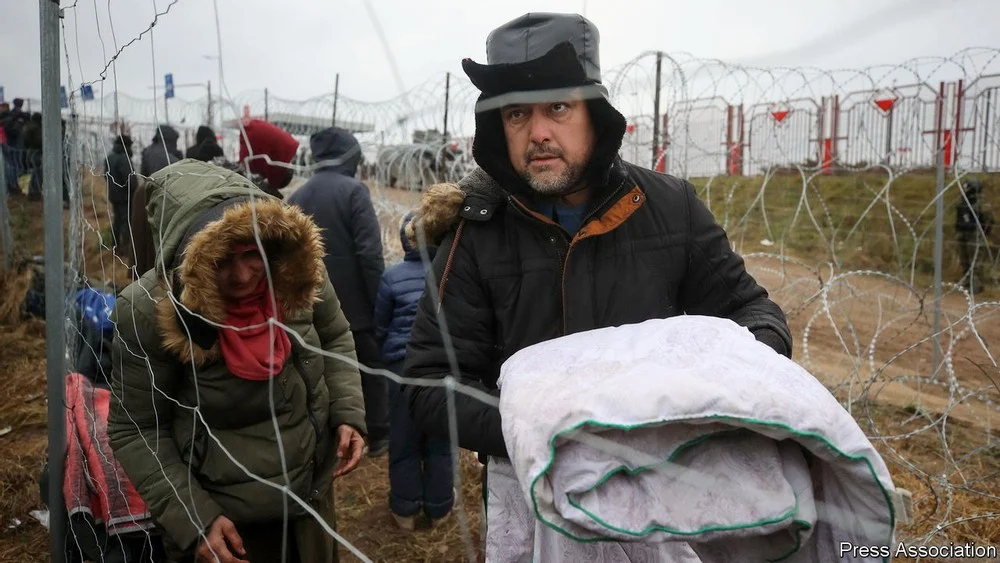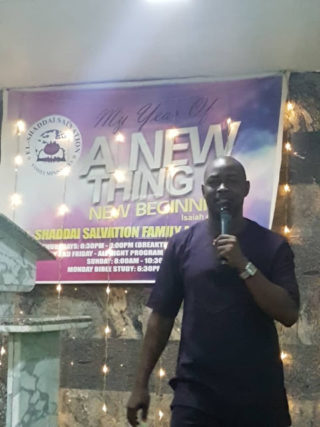
A church service in Munich, Germany, last week.Credit…Lukas Barth-Tuttas/EPA, via Shutterstock
As President Trump presses U.S. officials to reopen houses of worship by declaring religious institutions essential, some European countries have already taken the plunge — sometimes with dire consequences.
In Germany, which for weeks now has allowed religious services, 40 churchgoers became infected with the coronavirus during a service at a Baptist church in Frankfurt, the health authorities said.
Six parishioners were hospitalized, according to Wladimir Pritzkau, a leader of the parish.
“We followed all the rules,” Mr. Pritzkau told the German news agency DPA, noting that the church did not know how many people were at the service on May 10.
The state of Hesse, where the infections occurred, has been allowing church services under special guidelines, including asking worshipers to keep five feet apart and requiring churches to have disinfectant readily available. Now, the church has since moved its weekend services, which are held in German and Russian, back online.
France on Sunday took tentative steps to reopen churches, mosques and synagogues. Officials were nudged by a legal challenge to a blanket ban on public worship that was not set to be lifted until the end of May.
The Council of State, France’s highest administrative court, ordered the government last Monday to reopen churches, mosques and synagogues within eight days, calling worship a fundamental freedom that could be reconciled with public health measures.
“It was a nice surprise,” said the Rev. Antoine De Folleville, who was preparing to offer his first public Mass in 10 weeks. “It’s a great joy to finally be reunited with our parishioners.”
There was a sense of both joy and anxiety in the church of St.-Germain-des-Prés in Paris, where Father De Folleville is the parish priest, as Roman Catholic worshipers returned for the first time in two months.
“How should Communion be given?” a woman asked. “With pliers?”
“No, we’ll wash our hands with alcoholic gel right before taking up the host,” said Father De Folleville, who was making final preparations.
In Jerusalem, the Church of the Holy Sepulcher reopened after a two-month lockdown. On the West Bank, thousands of Palestinians crowded into streets early Sunday in defiance of coronavirus restrictions, including many who demanded that the Palestinian authorities reopen mosques for Eid al-Fitr, the festival for the conclusion of the fasting month of Ramadan.
“The people want holiday prayers,” demonstrators chanted in front of the Palestinian Authority’s headquarters in the southern West Bank city of Hebron.




